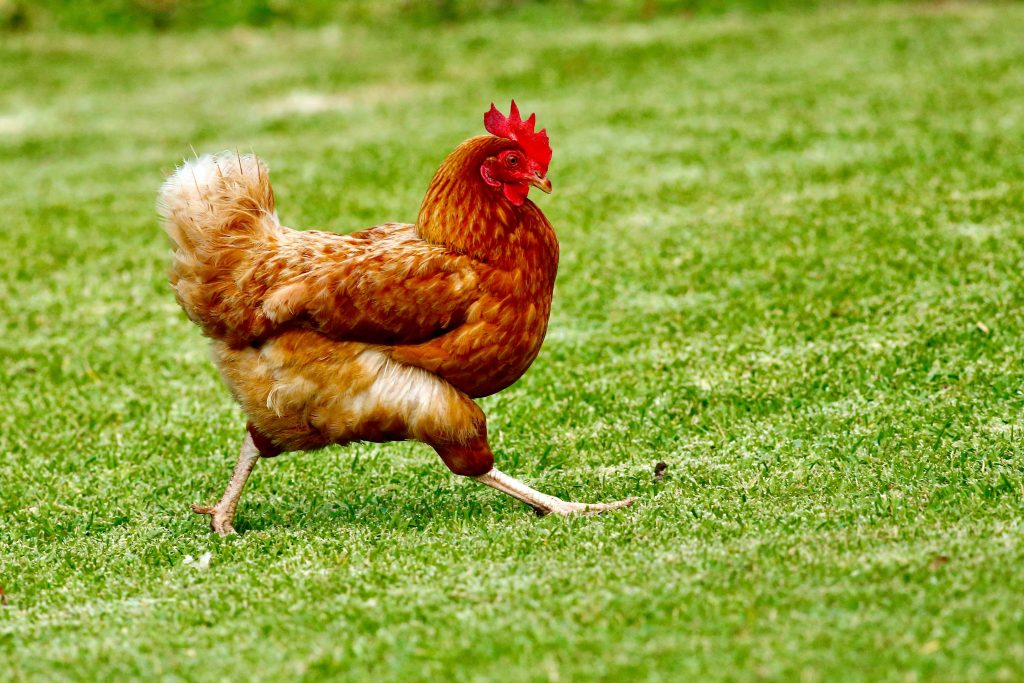Policy Paper
19/05/14The EU and its legislation: prison of peoples or chicken coops?

In the perspective of the 22-25 May European elections, it seems more than even necessary to clarify the debate on the proportion of national laws of “European origin”. This is the purpose of this Policy paper by Yves Bertoncini, based on 5 sets of complementary remarks:
- “80% of laws come from Brussels”: a myth maintained for technical and political reasons
- European legislation with a highly variable sectoral impact
- A cross-cutting legislative impact: the supervisory power of the EU
- European legislation having regulatory rather than legislative implications
- A subsidiary legislative impact of the EU: 20% rather than 80%
Yves Bertoncini concludes his Policy paper by underlining that it’s not because the EU looks after what is infinitely small (the size of chicken coops) and it happens to intervene in what is infinitely large (the supervision of national budgets) that it occupies the full field of public action. And that it’s not because the European elections are “subsidiary” that they are secondary.




